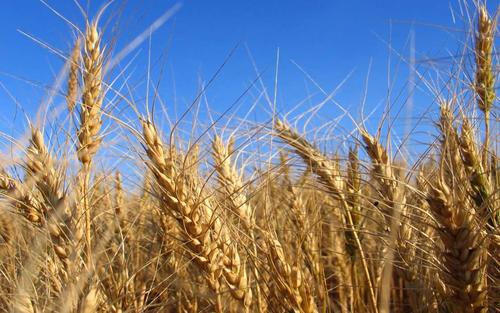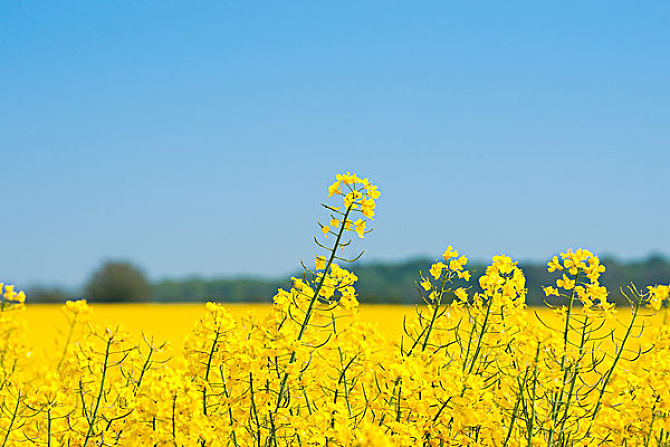Focus on the United Kingdom
The UK grains sector faces enormous change after almost five decades operating under the European Union’s Common Agricultural Policy. It also faces enormous potential disruption following the UK exit from the EU on Jan. 31, unless a new trade deal with the EU can be made by the end of the year. At the same time, the sector is coping with the problems caused by the coronavirus (COVID-19) pandemic, with supply chains disrupted and new challenges from the need to feed a population in lockdown.
The International Grains Council (IGC) projects the UK’s 2020-21 grains production at a total of 19.7 million tonnes, down from 25.7 million the year before. The country’s wheat production is put at 10 million tonnes, down from 16.3 million in 2019-20. Barley production is forecast to rise to 8.4 million tonnes, up from 8.2 million.


The UK’s rapeseed crop is forecast at 1.3 million tonnes in 2020-21, compared with 1.8 million in 2019-20.
Trade sources put likely imports of wheat at 2.6 million tonnes in 2020-21, with barley imports at 60,000 tonnes. Imports of rapeseed are forecast at 600,000 tonnes.
According to the National Association of British and Irish Millers (nabim), there are 32 companies, with a total of 51 milling sites in the country’s flour milling sector. Thirty-one are members of nabim, with 50 sites between them accounting for 99% of UK flour production. The association puts the industry’s annual consumption of wheat to produce flour at 5 million tonnes, with some 1.3 million to 1.5 million tonnes used by starch and bioethanol producers.
One aspect of the future that is causing particular concern for the milling industry is the arrangements for trade between the islands of Britain and Ireland. Although the northern part of Ireland is part of the UK, under the 1998 Good Friday Agreement, which brought piece to Northern Ireland after many years of turmoil, there must be no hard border between the UK and the Republic of Ireland on the island of Ireland. That means that a customs barrier is planned, within the UK. The government of Prime Minister Boris Johnson is pretending that the problem does not exist, and no checks will be necessary, ignoring an explicit reference in the UK’s Withdrawal Agreement with the EU. The high level of integration between the food sectors in the two countries, particularly in milling, means controls, with a potential need for sanitary and phytosanitary checks, could be highly onerous.
Processing demand survey
x